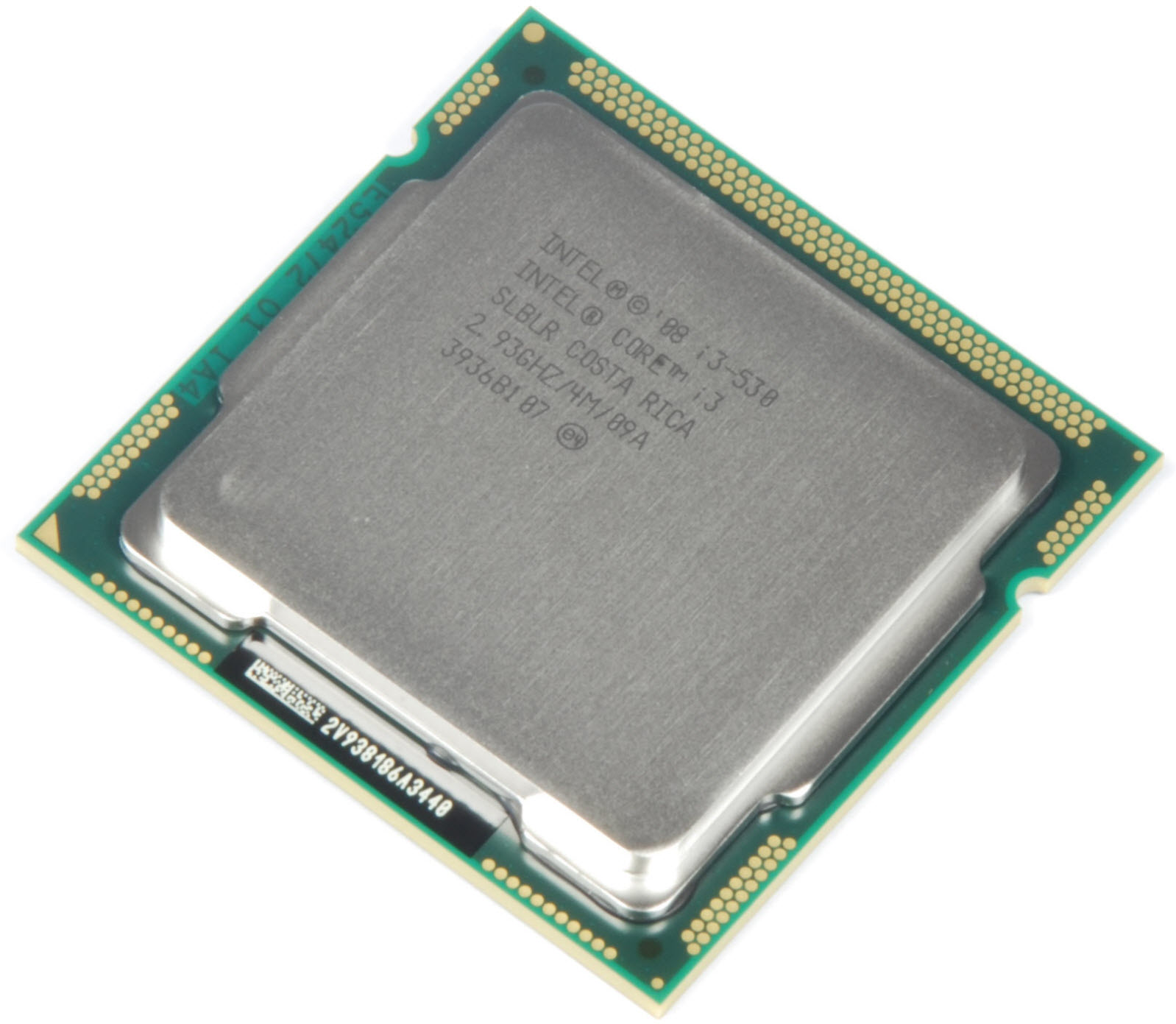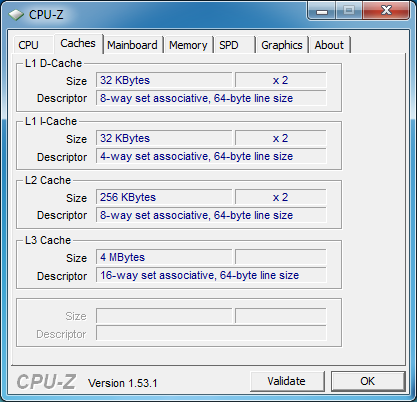Overclocking: Get The Performance Of A Core i5 From Core i3
Intel’s $115 Core i3-530 doesn't include Turbo Boost technology and it doesn't boast hardware-based AES-NI, but it overclocks like a fiend. We benchmarked this dual-core, HT-equipped chip at 4.4 GHz and determined the most power-efficient overclock.
Intel's Core i3-530 CPU
The Core i3-530 is Intel’s entry-level offering. Although there is a lower-end product, the 2.80 GHz Pentium G6950 with 3MB of shared L3 cache, we decided to buy the i3-530 because it offers faster integrated graphics, higher supported memory clock speeds, and Hyper-Threading technology.
The Core i3-530 has 4MB of cache and runs at 2.93 GHz. That may not sound like a big difference, but we found that overclocking to 4 GHz and higher is a fairly simple affair. A 1.345V peak voltage was all we needed to have it operate stably at 4.0 GHz. We also tried 1.40V at 4.5 GHz, but this setting turned out to be unreliable. We decided to let it go, as we didn’t want to fry the processor.
The most noticeable difference between the Core i3 and Core i5 dual-core models is the i3's absence of Turbo Boost technology and AES-NI. Turbo Boost accelerates the processor in various steps as long as the thermal envelope allows. AES-NI is an additional instruction set that speeds up encryption and decryption on supporting applications that utilize AES.
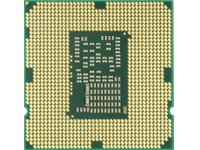
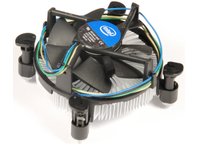
Trusted Execution Technology and VT-d for Directed I/O were also dropped on the Core i3 CPUs, but these features are somewhat insignificant for the end-user community. Everything else is identical between the two families: the 733 MHz HD Graphics engine, 16 PCI Express 2.0 lanes, dual-channel DDR3-1333 support, and the 73W TDP. The i3 series works on virtually any LGA 1156 motherboard available today. Let’s look at our overclocking results.
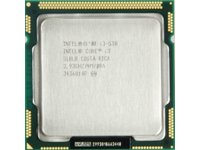
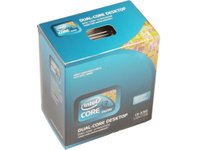
Get Tom's Hardware's best news and in-depth reviews, straight to your inbox.
Current page: Intel's Core i3-530 CPU
Prev Page Cranking Up Core i3 To 4.4 GHz Next Page Gigabyte's P55A-UD7 Motherboard